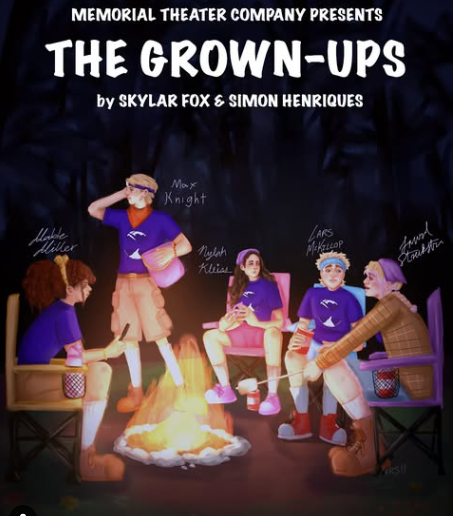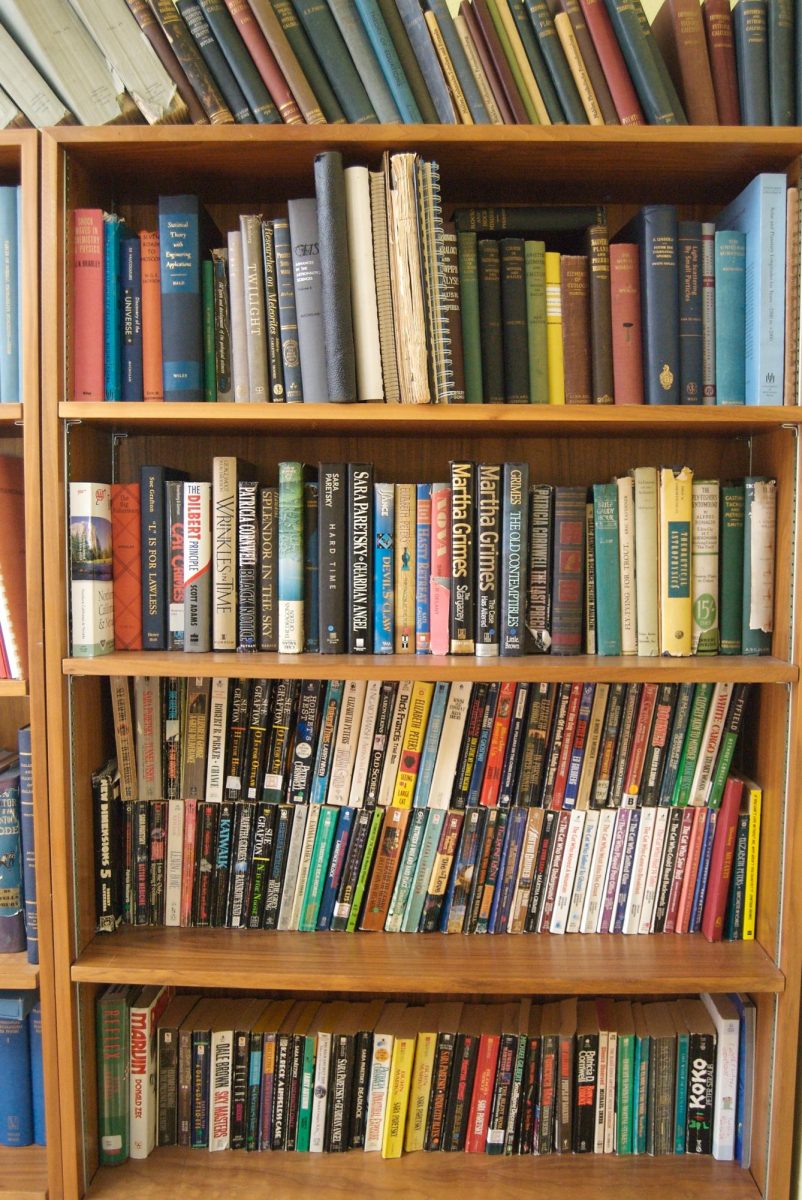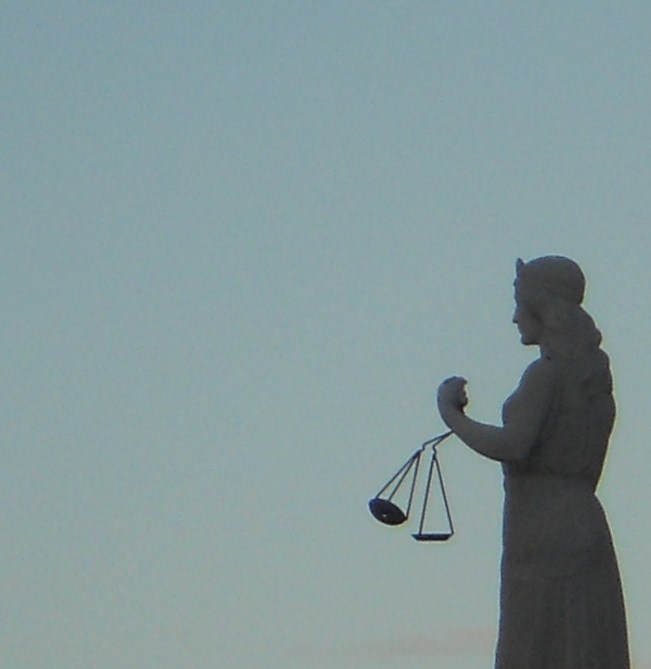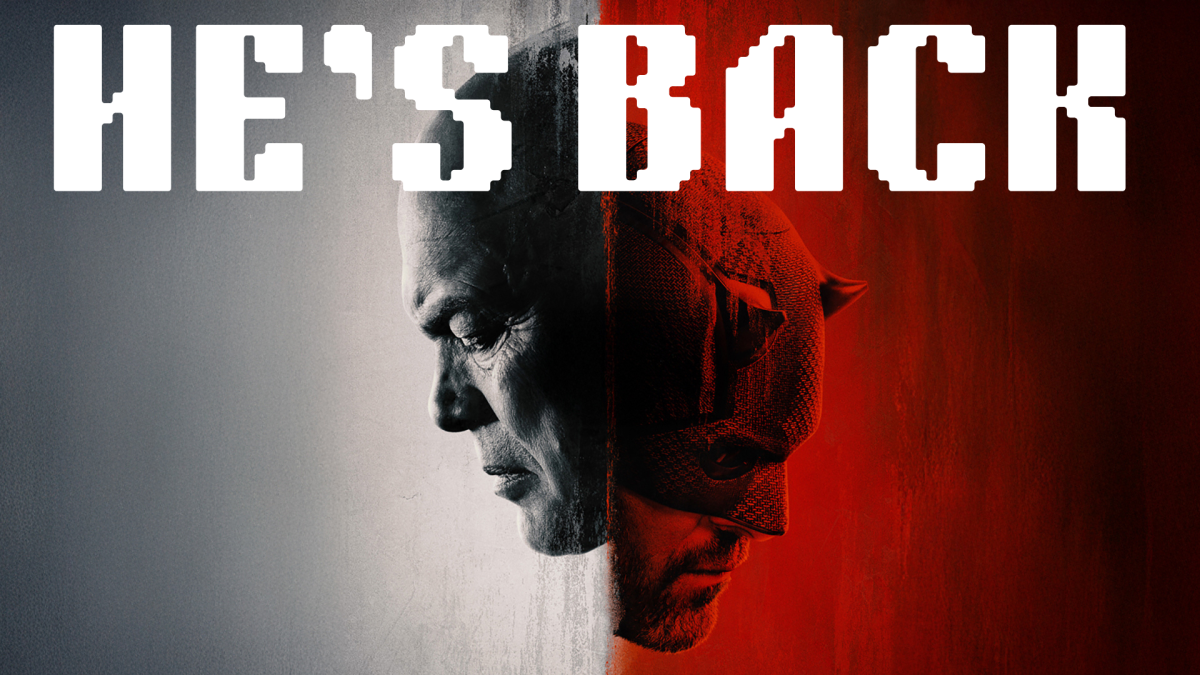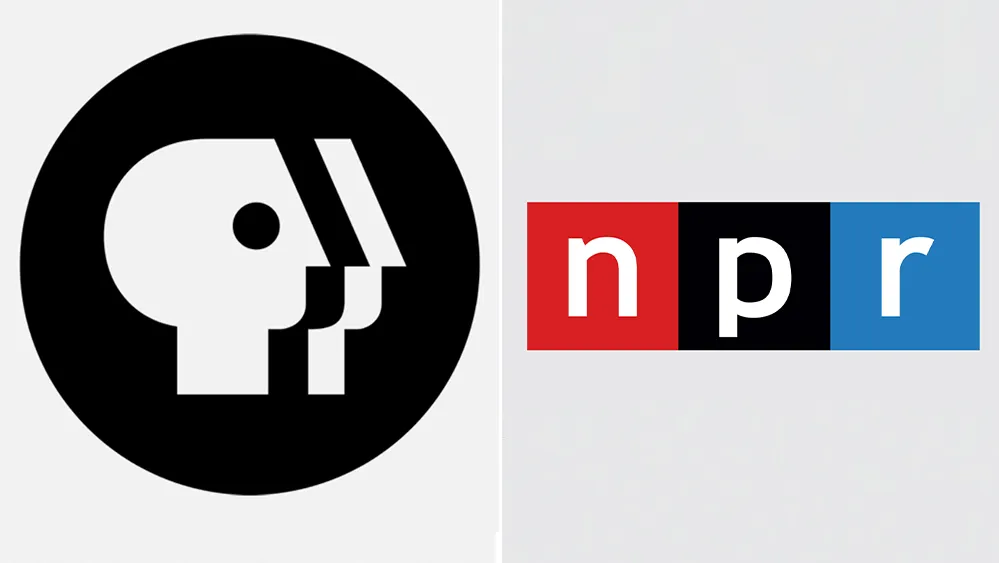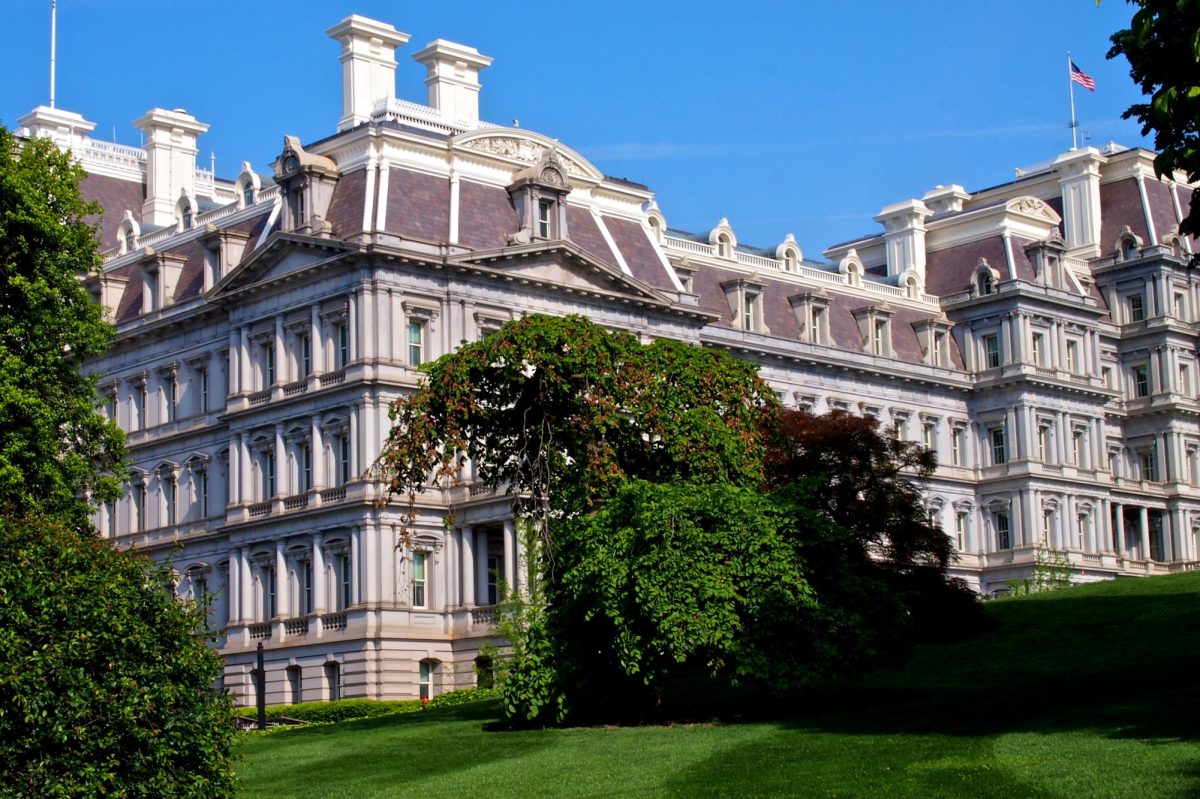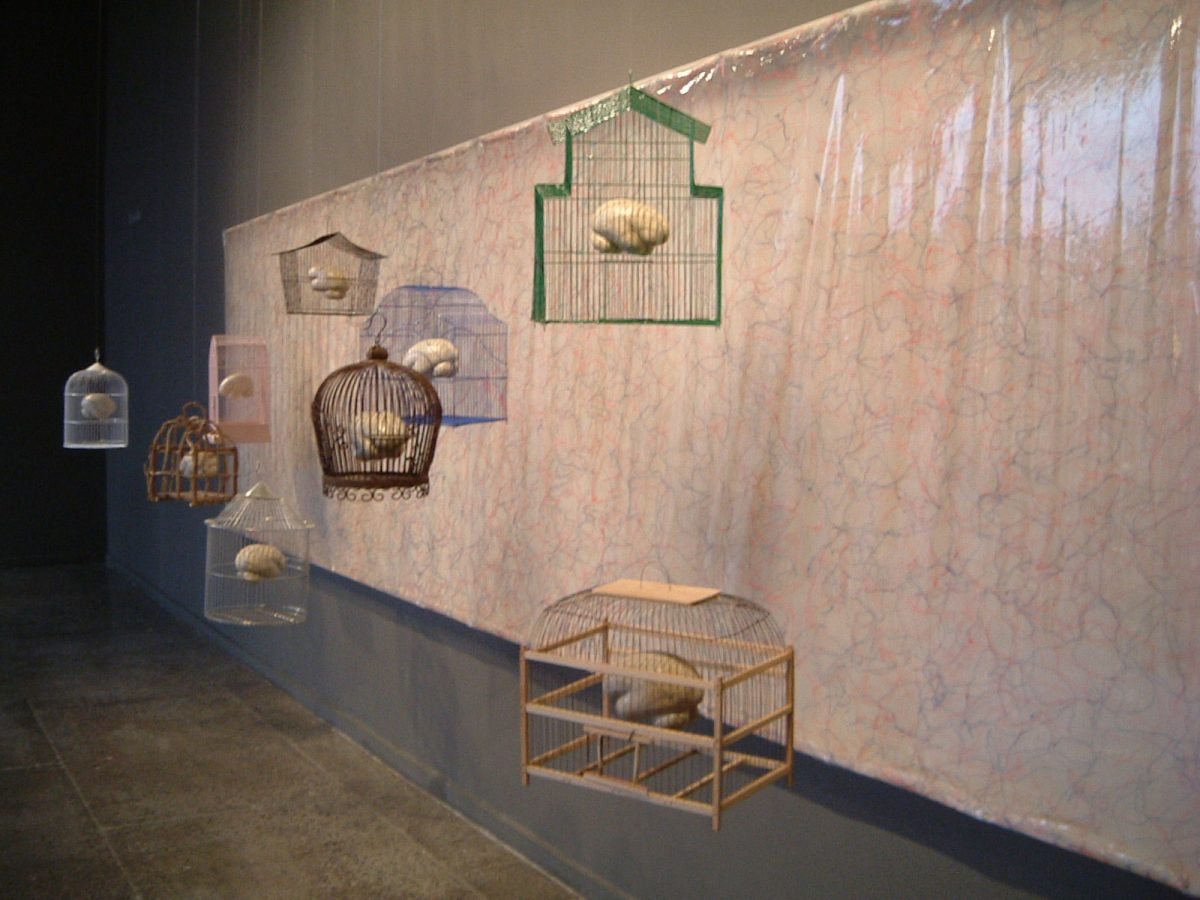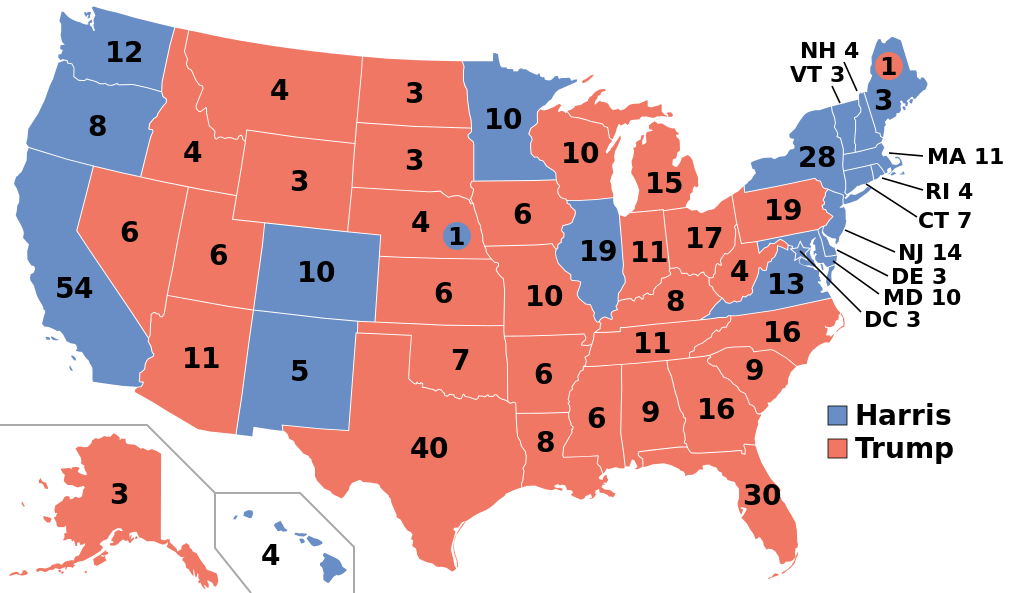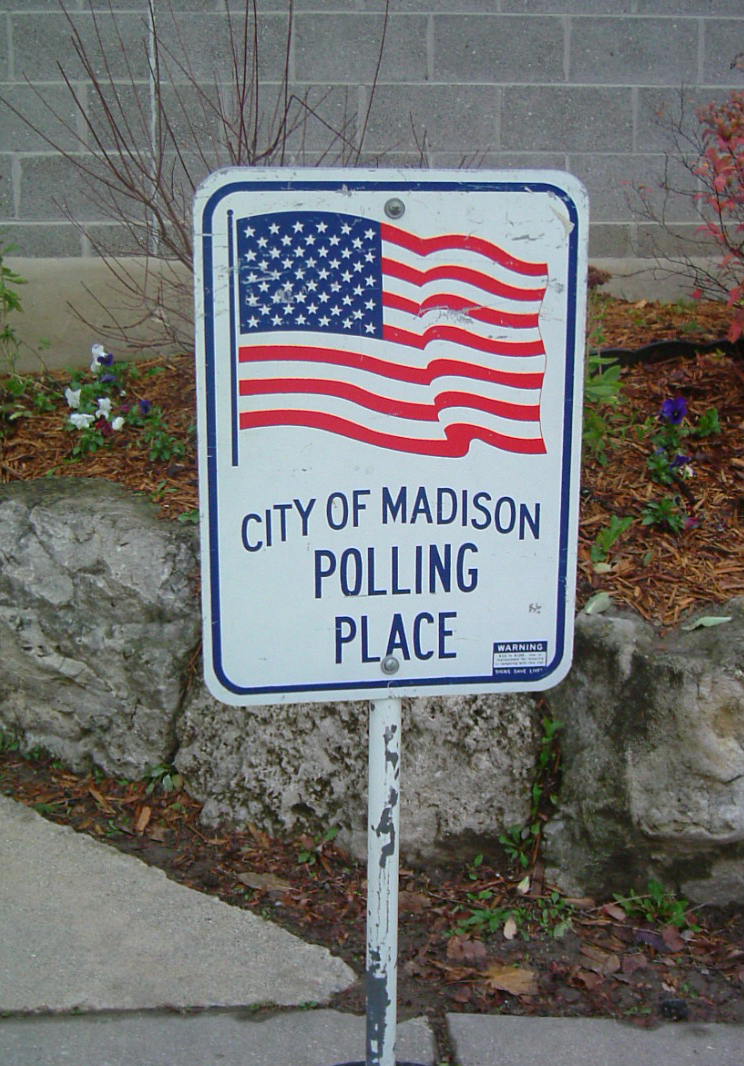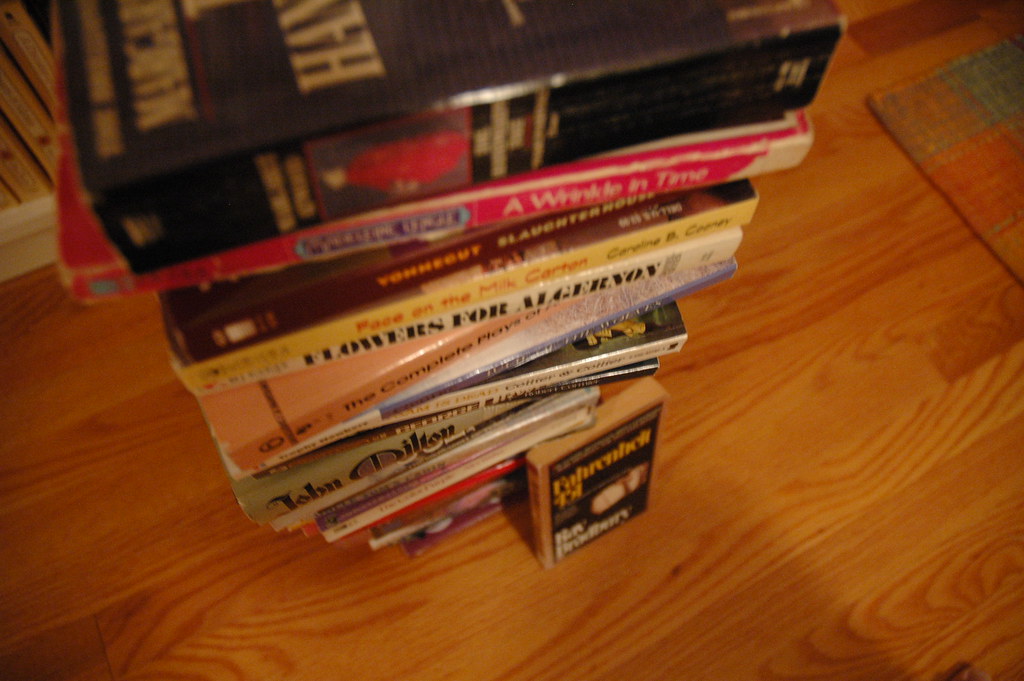Amanda Gorman, the nation’s first Youth Poet Laureate, joins CNN’s Anderson Cooper to talk about the uprising of book bans being knocked off the shelves around the country.
According to PEN America, a nonprofit organization founded in 1922 which advocates for the literary and human rights of open expression in the world, there has been a 33% increase in book bans during the last school year, which includes Gorman’s book The Hill We Climb. These amounts to 3,000+ books being taken off the lists in school districts, mostly in Florida, Utah and Texas. For many people, the poem that was spoken by Gorman at President Biden’s inauguration (which The Hill We Climb is about) was a beacon of hope and a cementing moment in history, one that inspired people into believing in themselves to be able to make a change and carve out a brighter future for the people of America. In the interview video, Gorman shares that she still feels the glow and warmth of the public’s support, despite the harsh turmoil that has brought down many authors like Gorman, including the likes of Toni Morrison, Jacqueline Woodson, Mika Curato, George Eliot, and even Jane Austen. These authors are being criticized for not only the topics and genre of their writings, but also the message it gives to younger generations, the ones susceptible to reading these books. Novels like Beloved, There There, The Color Purple, I am Jazz, and Flamer have all been scratched off the docket, each because of the diverse and often progressive perspectives and ideas they portray.
It isn’t just an issue of misrepresentation and lack of diversity in literature that these schools are now limiting their student population to, it is also the immense amount of history and knowledge that the students will miss out on. Without these kinds of books being available to kids and young adults, these different forms of writing, different opinions and perspectives especially will all be lost on the new generation. Furthermore, many schools involved in these bannings insist that allowing these books in their libraries will lead to more “confusion” and “delusion in growing minds” when in fact many students of this reading age are at the peak of their mental development in which they should be reading more in-depth, uncomfortable topics. Not to say that a student or person should hate what they are reading, but unfamiliarity gives the reader new ideas and has the chance to meaningfully change their perspective on many important topics.
If you Google “banned books” you’ll get a list of some very interesting and empowering titles, written by some remarkable authors. Best of you to look into some, they are very good reads and if they are banned, it probably means they are pretty interesting.

